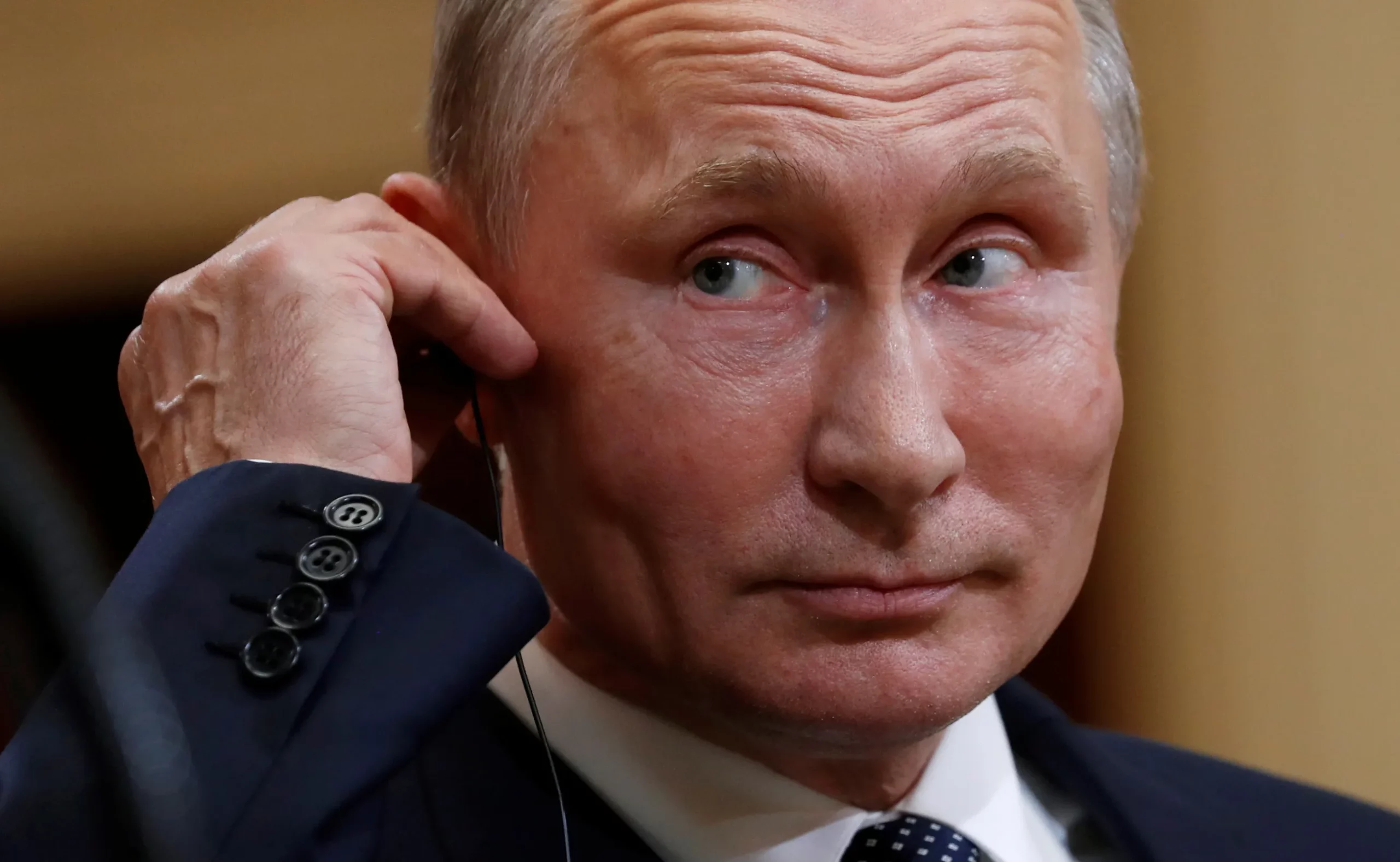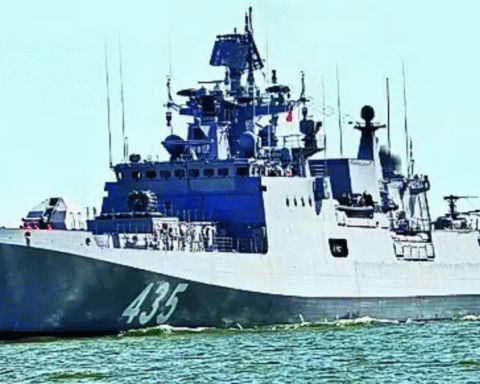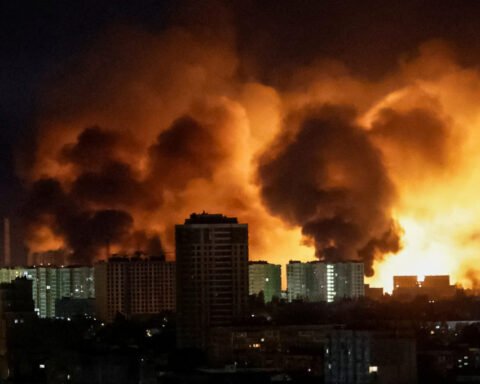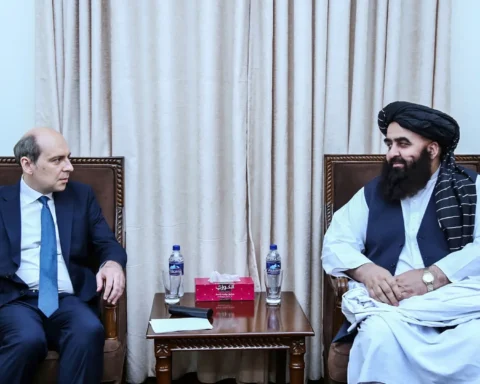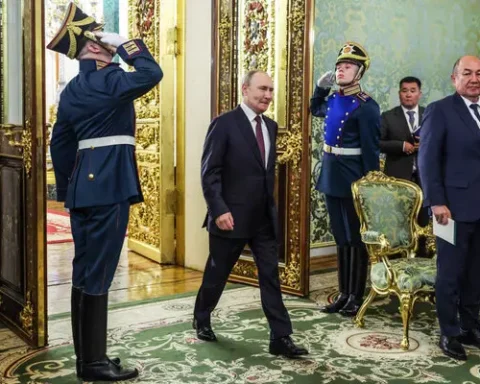Russian President Vladimir Putin has pledged to intensify efforts to fight anti-Semitism and protect historical truth, warning of the dangerous return of extremist ideologies and attempts to rewrite the past.
Speaking during a high-profile event at the Jewish Museum and Tolerance Center in Moscow, Putin emphasized the deep cultural and historical ties between Russia and the Jewish community. He called for unity against the growing threats of hate speech, Holocaust denial, and the misuse of modern technology to distort facts.
“Interfaith and interethnic harmony is the foundation of our country,” Putin said, stressing the need for mutual respect and shared memory, especially in preserving the legacy of the victims of the Holocaust and honoring the role played by the Soviet Union in ending the horrors of Nazi Germany.
He voiced concern over the rise in anti-Semitic narratives, especially those being spread through artificial intelligence platforms and social media. Without directly naming platforms, he warned that technology must not be used as a tool for misinformation, especially when it comes to the sensitive topic of the Holocaust.
“We have a moral duty to ensure that the truth is never lost,” Putin said. “The world must remember how dangerous hatred and lies can be.”
The Russian leader’s remarks come at a time when concerns about xenophobia and racism are rising globally. In recent years, incidents of anti-Semitism have increased across multiple countries, prompting international calls for stronger action and education efforts.
Putin met with several prominent Jewish leaders, including Russia’s Chief Rabbi Berel Lazar and Alexander Boroda, President of the Federation of Jewish Communities of Russia. Both men praised the president’s continued support for cultural tolerance and historical preservation.
However, the Russian government’s position has not been without controversy. Last year, remarks made by Foreign Minister Sergei Lavrov—suggesting Adolf Hitler had “Jewish blood”—drew condemnation from Israel and led to a tense diplomatic exchange. At the time, Putin reportedly issued a rare personal apology to Israeli leadership to ease tensions.
Also Read; Global Indifference Continues Amid DRC’s Ongoing Turmoil
Still, Russia remains vocal about its role in defeating fascism. Putin pointed out that the Soviet Union bore the brunt of the Nazi onslaught and played a decisive part in liberating concentration camps.
“As long as we remember, we stand together,” he said.
Putin’s address, while widely welcomed by Jewish groups in Russia, also served as a broader appeal to the international community. His message underlined the urgency of confronting hate not only through laws, but also through remembrance, dialogue, and education—before misinformation and prejudice can take deeper root.
The Kremlin has hinted that more initiatives could follow, especially in cooperation with global institutions and museums to strengthen Holocaust education and combat rising extremism.
Whether Russia’s actions will match its rhetoric remains to be seen, but for now, the message was clear: history must be protected—and hatred must be stopped.
